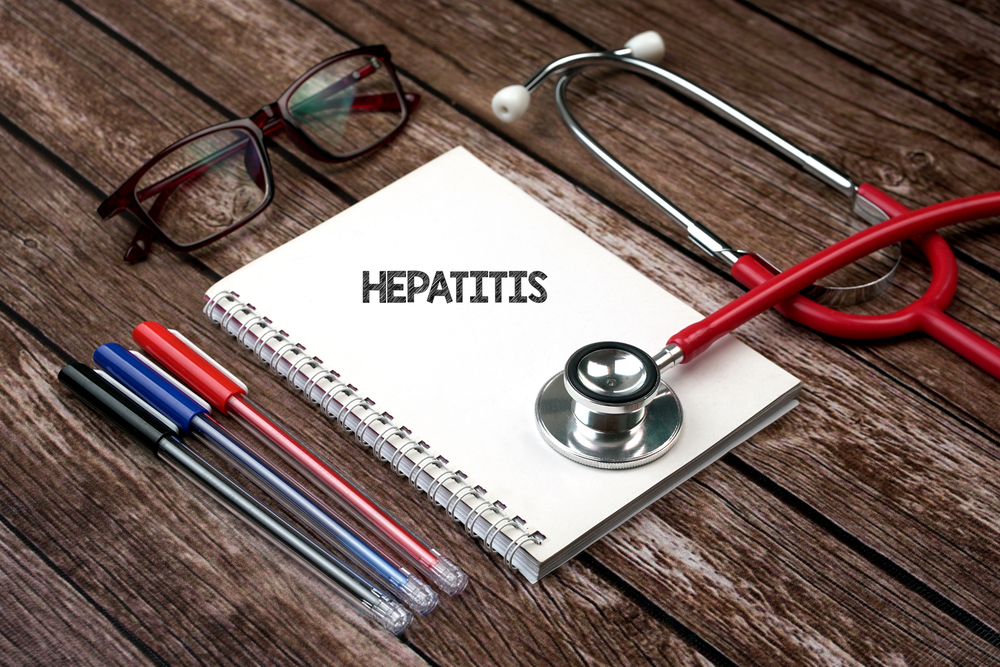Effective Approaches to Prevent and Manage Rotavirus Infections
Rotavirus remains a leading cause of severe childhood diarrhea worldwide. This comprehensive guide highlights vaccination importance, early detection, nutritional support, probiotics, and hygiene practices crucial for prevention and treatment. Proper management can significantly reduce complications and save young lives, emphasizing preventive immunization and supportive care to combat this infectious disease effectively.

Effective Approaches to Prevent and Manage Rotavirus Infections
Rotavirus infection remains a significant cause of severe gastrointestinal illness, especially among infants and young children worldwide. Characterized by symptoms such as watery diarrhea, persistent vomiting, high fever, and abdominal pain, rotavirus poses serious health risks, including dehydration and hospitalization if not managed promptly. Understanding its transmission pathways and implementing effective prevention and treatment strategies are crucial to reducing its impact.
This article explores comprehensive methods to combat rotavirus infections, with a focus on vaccination, early detection, treatment options, and supportive care to ensure better health outcomes for affected children and their families.
Priority Vaccination Programs
The most effective long-term strategy to prevent rotavirus infections is vaccination. Globally, rotavirus vaccines have demonstrated remarkable success in significantly reducing the incidence of severe diarrhea caused by the virus. These vaccines are recommended during infancy, typically administered in two or three doses depending on the vaccine type. Not only do vaccines protect the vaccinated children, but they also contribute to herd immunity, decreasing virus circulation within communities.
Early Detection and Supportive Care
Early identification of rotavirus infection is vital for prompt intervention. Parents and caregivers should recognize symptoms such as diarrhea, vomiting, and fever early on. Immediate supportive care in the form of oral rehydration therapy (ORT) can help prevent dehydration, which is the leading cause of mortality in severe cases. Medical professionals often recommend maintaining hydration through oral rehydration solutions (ORS), which contain a balanced mixture of salts, sugars, and water designed to replenish lost fluids efficiently. For severe dehydration, intravenous (IV) fluids may be necessary to stabilize the child's condition.
Nutrition and Probiotics to Support Recovery
Proper nutrition plays a critical role in recovery. Breastfeeding is highly recommended for infants with rotavirus, as it provides essential antibodies and nutrients that boost immunity and soothe gastrointestinal discomfort. Complementing nutritional support, probiotics—beneficial bacteria such as Lactobacillus and Bifidobacterium—are increasingly used to restore gut flora balance disrupted during infection. Probiotics can enhance immune responses, promote intestinal healing, and reduce the duration and severity of diarrhea in infected children.
Medication and Symptomatic Treatment
Although antiviral medications specifically targeting rotavirus are limited, managing associated symptoms is essential. Anti-diarrheal medications are generally avoided because they can hinder the body's natural elimination of the virus. However, certain anti-secretory agents, such as loperamide and diphenoxylate, may be cautiously used under medical supervision in older children to reduce diarrhea frequency. Additionally, medications to manage fever and pain, like acetaminophen or ibuprofen, can be used to alleviate discomfort. In cases where secondary bacterial or parasitic infections are suspected, antibiotics or antiparasitic drugs may be prescribed after proper diagnosis.
Preventive Measures and Public Health Strategies
Preventing rotavirus transmission involves maintaining good hygiene practices, such as thorough handwashing with soap and water, especially after diaper changes and before meals. Ensuring clean sanitation facilities and safe drinking water sources further reduces infection risks. Public health campaigns play a vital role in educating communities about vaccination benefits, hygiene practices, and early symptom recognition. In addition, monitoring and surveillance programs help health authorities identify outbreaks early and implement targeted interventions.





